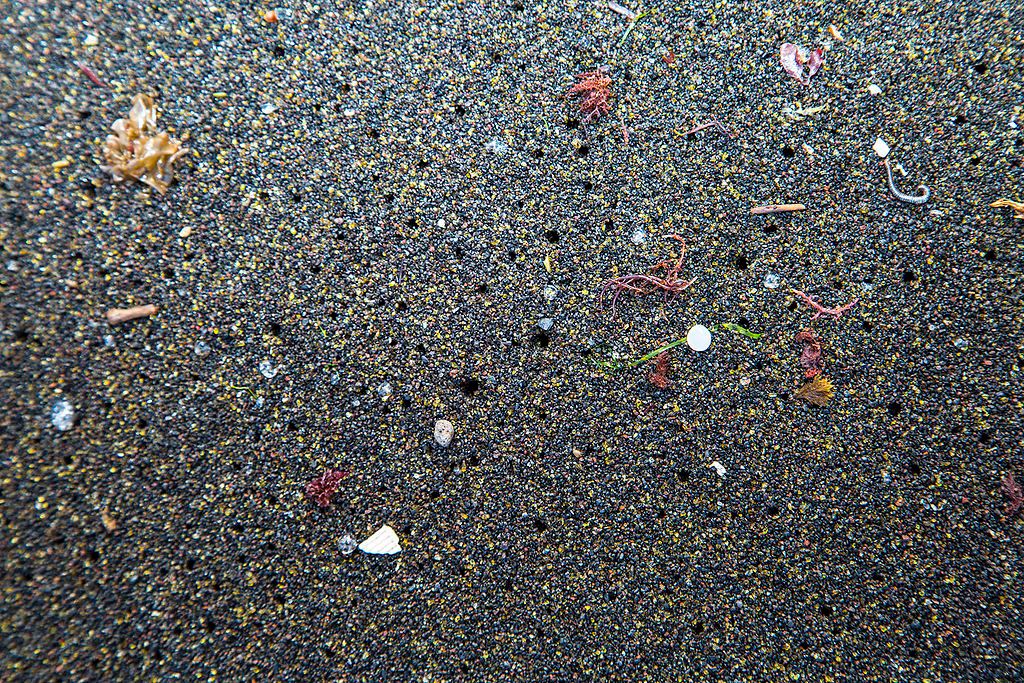There is a shocking amount – over 2 million tons – of microplastics in the ocean
We’ve known plastic can hurt the environment for decades

A few minutes every morning is all you need.
Stay up to date on the world's Headlines and Human Stories. It's fun, it's factual, it's fluff-free.
The backstory: We’ve known plastic can hurt the environment for decades. One major issue is that it doesn’t organically break down; it’s not biodegradable. Most plastics break down into smaller pieces, eventually becoming micro and nanoplastics. These tiny particles are bad for the environment and animal health. They can end up in our bodies, too – showing up in our blood, guts, lungs, placentas and even a baby’s first poop.
Researchers have been saying that international plastic policies won’t work without specific, measurable targets. They want companies that produce plastic to be held accountable all over the world.
The development: A new study published Wednesday dropped a plastic bomb on the world. According to research by Marcus Eriksen of the 5 Gyres Institute and researchers from other organizations and universities, over 170 trillion tiny plastic particles (2 million tons) are on the ocean’s surface. And a lot of it is from after 2004.
This is based on data from 12,000 samples from oceans all over the world collected between 1979 and 2019. Using a computer model, researchers estimated the number of plastic items in the global ocean. They tested that model using concentrations from their samples, showing a rapid and unprecedented increase in ocean plastics since 2005. These scientists are saying that plastic production needs to be cut, and cleanup won’t help if plastics continue to be pumped out like they are now.
Key comments:
"That's the elephant in the room," said Marcus Eriksen, co-founder of the 5 Gyres Institute and the study's lead author. "If we're going to talk about the number of particles out there, we're not even looking at the nanoscale particles. And that really dovetails into all the research on human health impacts."
"We know the ocean is a vital ecosystem and we have solutions to prevent plastic pollution," said Dr. Edward J. Carpenter of the Estuary and Ocean Science Center at San Francisco State University. "But plastic pollution continues to grow and has a toxic effect on marine life. There must be legislation to limit the production and sale of single-use plastics or marine life will be further degraded. Humans need healthy oceans for a livable planet."




Comments ()